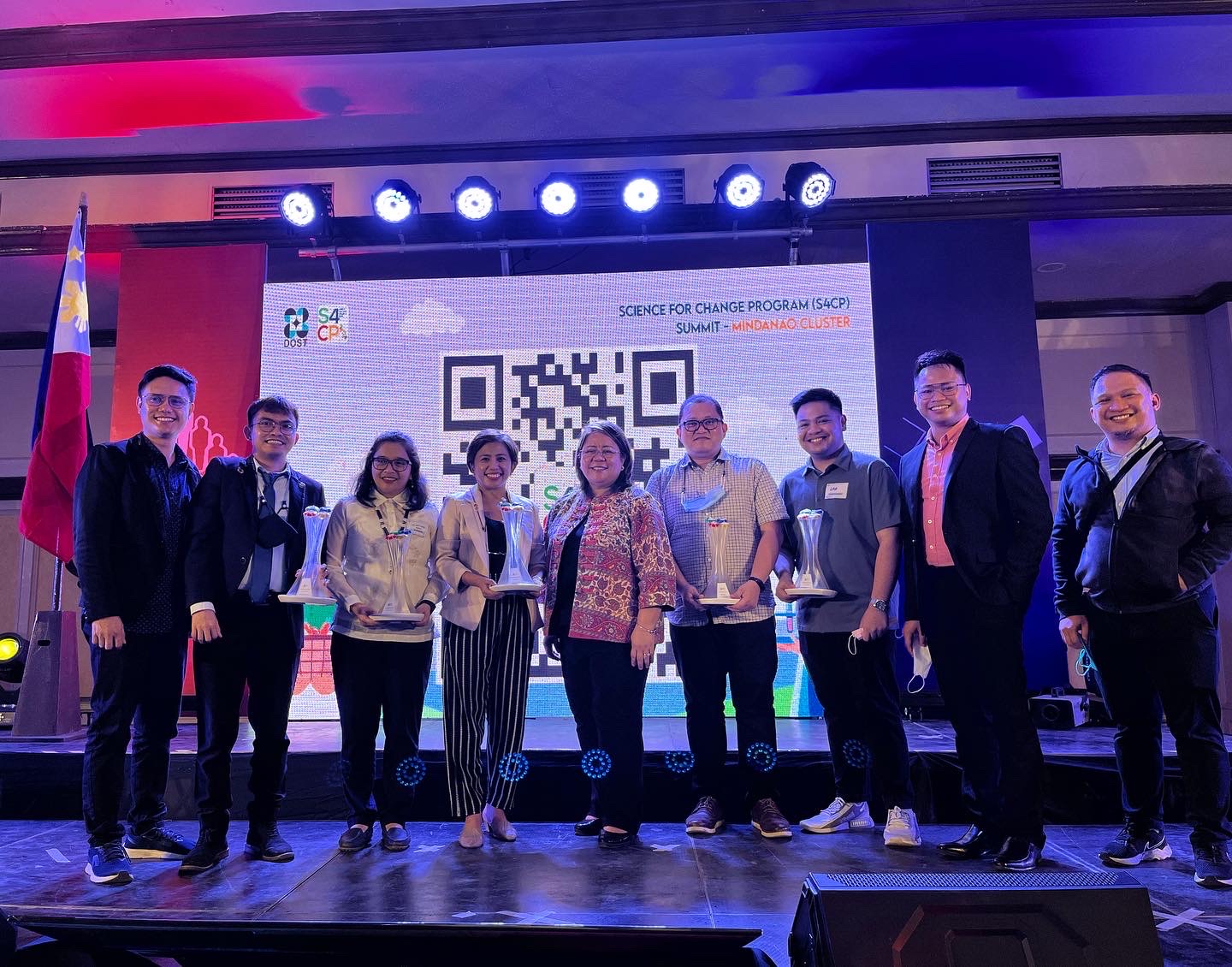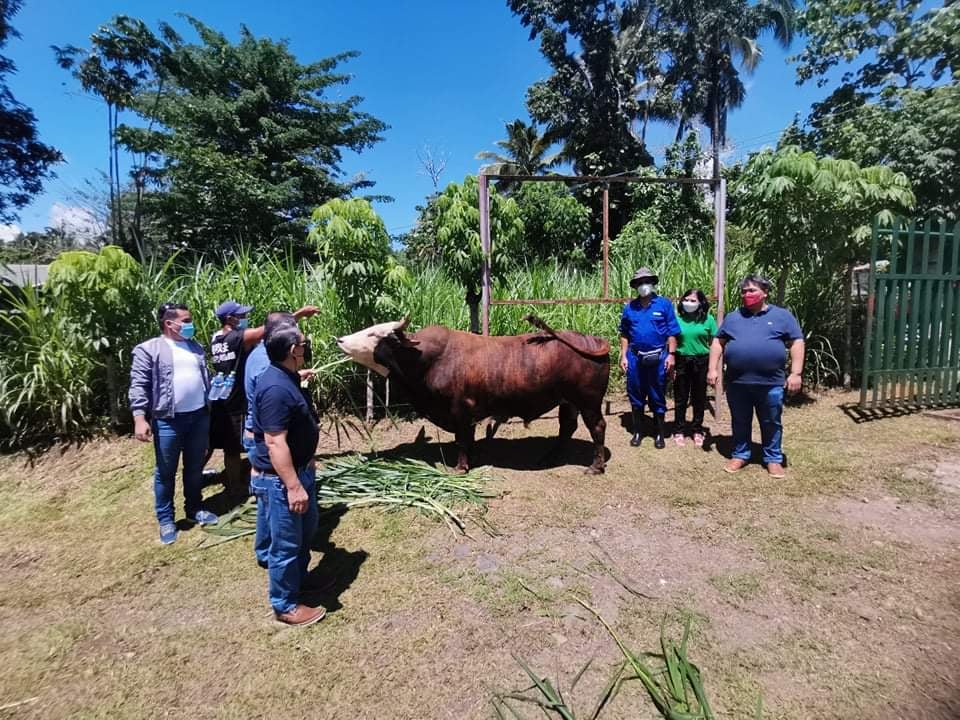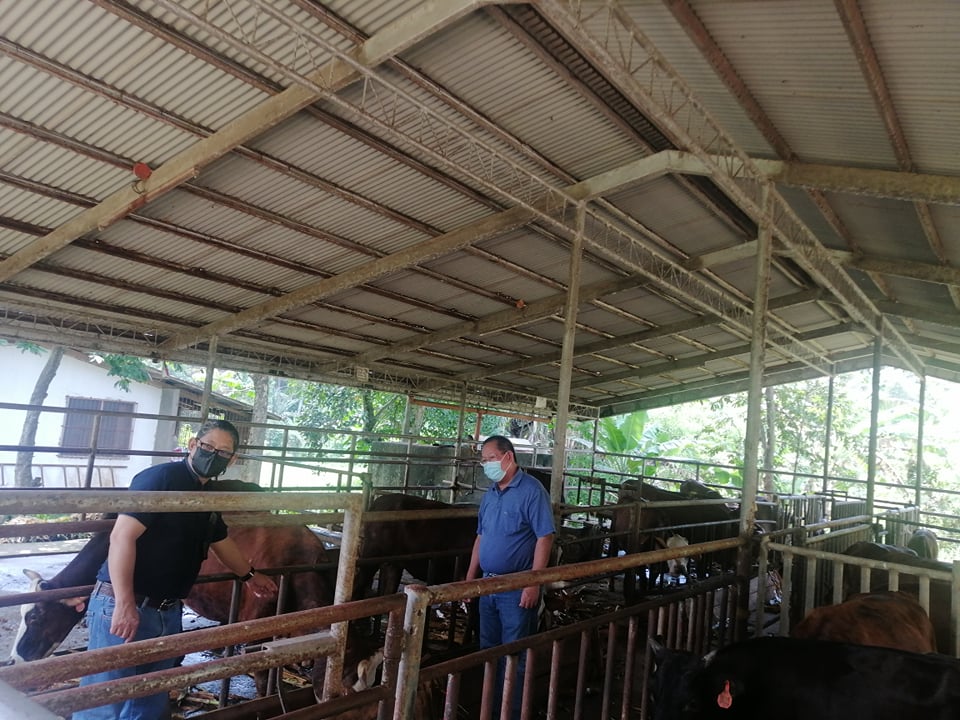Determinants of climate change adaptation strategies of Cavendish banana and mango farmers in Davao del Norte, Philippines
Mellisa P. Loquias, Eloisa Lynne P. Banguis, Jon Marx P. Sarmiento, Glory Dee A. Romo, and Larry N. Digal
School of Management, University of the Philippines Mindanao
Abstract
Climate change remains to be a global issue and it has affected agricultural sectors including the production of export crops like Cavendish bananas and mangoes. The impacts of climate change on the agricultural sector have made adaptation unavoidable. Thus, this study aimed to examine the climate change adaptation strategies of farmers involved in the production of tropical fruit exports such as Cavendish bananas and mangoes. Two focus group discussions were conducted before the actual data gathering in the field to obtain information that would guide the design of succeeding data collection activities. A total of 185 Cavendish banana farmers and 160 mango farmers were interviewed using a survey questionnaire. The respondents were determined through Stratified Random Sampling. The main econometric tool used for the study was Multivariate Probit Regression (MVP) and the data collected were analyzed through Stata software. For the Cavendish banana adaptation model, the top five farm strategies are establishment or improvement of the drainage canal, frequent watering, increase use of fertilizer, transition to organic/sustainable farming, and improved harvesting technique. The factors that significantly affect the decision to adopt these adaptation strategies include annual income, farm size, the incidence of drought and excessive rain, and hazards. For the mango adaptation model, the top five farm strategies are frequent watering, land holiday, farm diversification, transition to organic/sustainable farming, and conservation horticulture techniques. The significant factors affecting the adaptation strategies of the farmers include years of farming experience, household size, access to training, access to extension, annual income, mango farming as the main source of income, presence of drought, and level of climate change awareness. Intervention in agriculture should be strategic and focused on addressing possible impacts of drought, excessive rain, and other hazards. Moreover, increasing the level of awareness through a community-based information system is one of the recommended interventions. A more targeted intervention based on the key factors must also be considered by the government, non-government organisations, and the private sector to help increase the farmers’ adaptive capacity.



